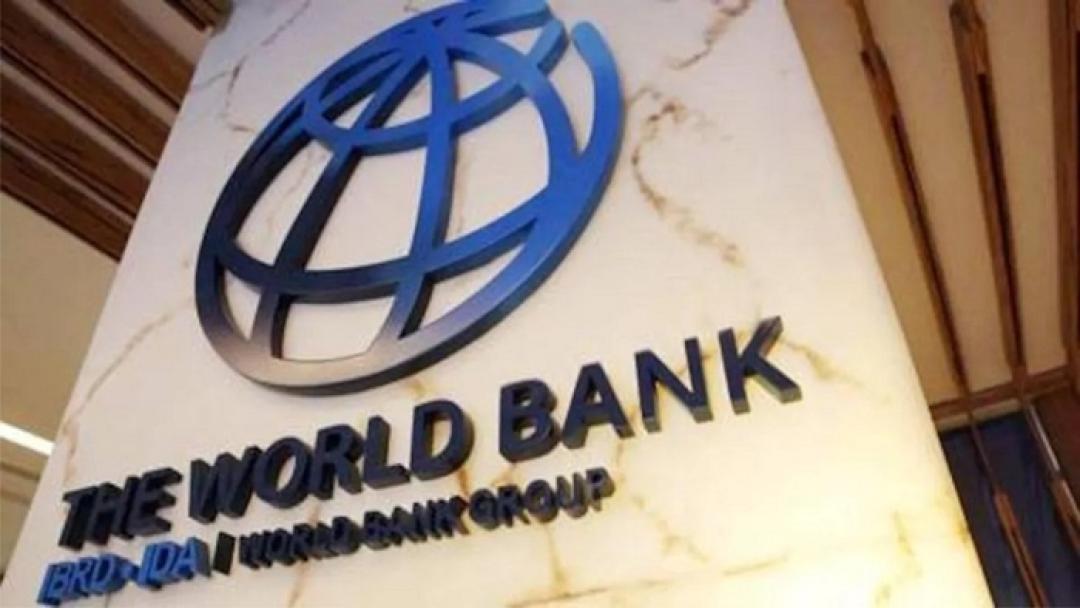
World Bank’s Human Capital Review on Georgia

The World Bank released a report on Georgia Human Capital Review. According to the statement, Georgia's economy has expanded dramatically over the past ten years, resulting in considerable decreases in poverty and growth in the middle class. With a population of 3.7 million and a GDP per capita of EUR 4,262 in 2020, Georgia has a modest and open economy. Before the COVID-19 epidemic, Georgia's economy developed at an average yearly rate of 4.8%. Because of this steady expansion for over three decades, the country's GDP per capita increased from 10% to that of the European Union (EU) in 1995 to a third in 2019. Poverty has also decreased significantly, from 37.3 percent in 2010 to 19.5 percent in 2019, with rural areas experiencing the most significant reductions. The rate did, however, marginally rise.
"Emerging problems might jeopardize the nation's progress toward prosperity. The nation's progress toward long-term shared prosperity is being slowed by low-quality jobs, increasing aging, high migration rates, and significant inequities throughout the country and between socioeconomic classes," the report added.
"Before COVID-19, the 2019 unemployment rate was around 12%, ranking it among the highest in Europe and Central Asia. Many jobs are still of poor quality, and the majority of the population is stuck in unstable, low-paying work. Youth continue to have extremely limited work possibilities, with one in four of those aged 15 to 24 not in employment, education, or training. In addition, Georgia's economic growth increased welfare while also lowering birth rates and raising life expectancies, two factors accelerating population aging; by 2050, every working person will need to care for 0.4 elderly people. High outmigration, mostly of people still in their working years, is worsening the problem of an aging population by further shrinking the labor force. Significant disparities between people and areas also make it difficult for the nation to distribute prosperity. Georgia is one of the least equitable nations in Europe and Central Asia, with a Gini score close to 0.38. Inequalities start to show up early in life. They are partly caused by significant variations in the endowments of human capital. The poorest regions not only have a higher rate of individuals living in poverty but also have greater difficulties in providing high-quality services. Inequalities are linked to various variables, including race and gender," the Bank stated.
"A kid born in Georgia today would, on average, be just 57% as productive as he or she could be with a thorough education and good health. This is due to the state's human capital endowment. Georgia's Human Capital Index score is comparable to other nations with comparable levels of development. However, it is still much lower than the EU average for low- and middle-income countries in Europe and Central Asia (ECA). Additionally, productivity decreases even more if factors like better education performance and non-communicable diseases (NCDs) are considered, falling to 40%. To meet new productivity, aging, and inclusion concerns and guide the nation toward sustainable and inclusive growth, inclusiveness and quality human capital must be increased. People with higher skills and health can obtain better employment, work longer and more productively, and age more healthily. Because individuals would be able to work longer and be more productive, quality human capital would also reduce the burden of caring for the aging population," it added.
"Gender biases also affect women's opportunities. After controlling for demographic and job characteristics differences, the gender gap in labor force participation is 19 percentage points - the wage gap results in men earning 16 percent more than women. The occupational and sectoral segregation of women also locks them into economic activities with lower earnings and tends to exclude them from science, technology, engineering, and math (STEM) fields," the report concluded.
Read also:
World Bank Invested $4.3 Billion in Georgia over 30 years
World Bank assessed the prospects of the South Caucasus
South Caucasus countries in World Banks Women, Business and Law report 2022
See Also


Mirzoyan Meets US Deputy Assistant Secretary Joshua Huck

Azerbaijani President Holds Talks with UAE and German Business Delegations on Economic Cooperation

Grigoryan Confirms Armenia’s Readiness to Dissolve OSCE Minsk Group Upon Peace Treaty Signing

Azerbaijani Official Warns of Ecological Risks to Caspian Sea, Similar to Lake Urmia and Aral Sea

